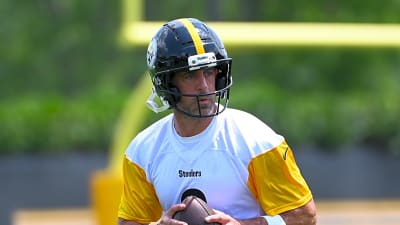Trout fishing in muddy water can be a pain. All those rules you’ve been taught about where fish should be? Throw them out the window. If you can’t see anything, trout can’t see anything – they’re going to seek out the clearest water, so you’ll have to switch up your tactics to find them.
Why Do Rivers Get Muddy?
The “muddy” look that a river gets is due to sediment suspended in the water column. Normally, sediment particles settle at the bottom of a river – but when flows increase, those particles get stirred up and float higher in the water. Sunlight bounces off of them in different directions, giving the water the hazy, cloudy look that you see.
What Do Trout Do In Muddy Water?
Short answer: they go where they can see. Sediment settles to the river bottom more easily in slow water than in fast water, so trout head to protected areas where flows are lower. They’ll often hug the banks – where water slows down as it comes up against features like rocks, roots, and streamside plants.
Meet Them Where They Are
Don’t expect trout to move great distances to take your fly when water is muddy. They’re looking for movement right in front of them, so your best bet is to methodically cover the slow water where they’re seeking shelter. That slow, soft water typically only extends a few feet out from the bank, so keep your casts tight to the edges.
Throw Big, Dark Flies
When visibility is limited, trout are looking for shapes and shadows – dark flies create strong silhouettes that stand out. They also rely heavily on sensing movement – big flies move more water and produce more noticeable vibrations. Opt for larger streamers like woolly buggers, clouser minnows, and muddler minnows.
Fishing streamers is all about the retrieve. Getting your fly tight to the bank is just the first step – from there, it’s important to switch up the speed at which you strip the fly back in. Trout are fickle fish; sometimes they want a slow, easy meal, and sometimes they’re triggered by quick movement.
Temper Your Expectations
Trout fishing in muddy water is inherently difficult. So much of fly fishing is visual; if you can only see six inches below the water's surface, everything gets harder. You might not catch as many fish as you typically would, and that’s just fine. What’s the alternative – not fishing?
You Might Also Like These Fly Fishing Articles:
More must-reads:
- White Sox rebuild already showing significant progress
- Yankees manager Aaron Boone must get harsh with his players
- The 'NFL mascot names' quiz
Breaking News
Trending News
Customize Your Newsletter
 +
+
Get the latest news and rumors, customized to your favorite sports and teams. Emailed daily. Always free!








